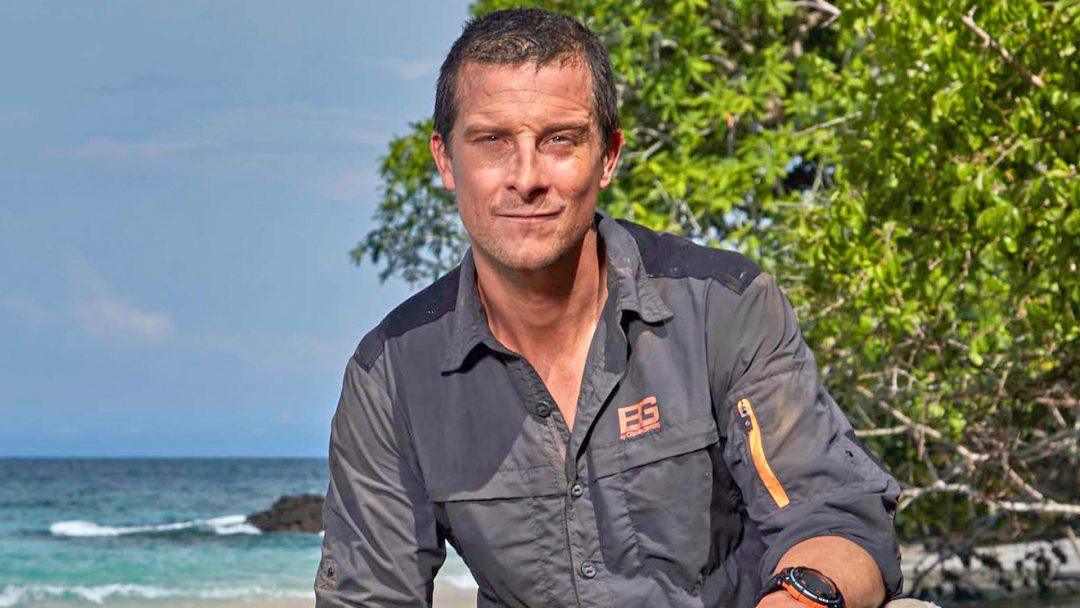 Image used with thanks to Channel 4
Image used with thanks to Channel 4
Inspired by the first series of Channel 4’s The Island, Glen Manley looks at how this social experiement reveals much about group dynamics and group leadership.
Following the recent Channel 4 broadcast of the latest Bear Grylls project I felt compelled to write a quick article highlighting how captivating the lessons in leadership were conveyed and how these basic principles can come together to deliver success!
Starting a new group from scratch

Get the best out of your people
Learn how to build highly motivated, productive teams with strong, joined-up leadership
Inspiring leaders
Interestingly there were quite a few competent leaders to emerge from the group as the weeks went on. These individuals displayed qualities in:
- empathy,
- understanding,
- intelligence,
- confidence,
- outcome focussed,
- relationship confident,
- collaborative and
- inspiring.
By applying these natural skills they showed themselves as perfect ‘supportive leaders’ for the group, ones that would earn the respect and following required to achieve goals that benefit the collective, not the individual.
Emerging leaders

The interesting thing for me here was that the Inspiring Leaders were all able to realise the despair felt by these characters and choose to support this group to help push them forward. The Inspirers are able to give this group the self-belief that they are valuable contributors to the collective.
Democratic election
Throughout the programme it is clear the editors and producers are looking to exploit the traits of each individual, I appreciate this is probably not a black and white scenario but the principles of good leadership are excellently conveyed.

Out of this process rose Sackie, why Sackie…? As I mentioned earlier quite a few individuals were competent of the role, my belief is that Sackie held one more skill in greater abundance than the others… communication! Sackie just had the edge in being able to communicate on varying levels with the empathy, understanding and intelligence that earned the trust of the wider group. Not surprisingly our Alphas were not immediately bought into this new leader, however, he proved worthy of the role by staying strong in service of the vast majority of the group when challenged.
- Groups are rudderless without a leader.
- The ‘dominants’ will seek to control through their autocratic ‘sledgehammer’ approach but this is rarely good for all members.
- All members of a group have a part to play in service of team improvement, it can take different styles of leadership to nurture these contributors and seek their strengths.
- The best leaders are great communicators who listen to all the members of the team and make the decisions required to take the group towards its collective goal.
Start our online cross selling course today
Cross Selling is a skill that, once mastered by engineering and professional services executives, can have a radical impact on business growth.
The interactive e-learning is designed to help you uncover new opportunities with existing clients.

Our Professional Services Cross Selling Training is online today, so now you can start honing your cross selling capabilities in just 30 minutes.







